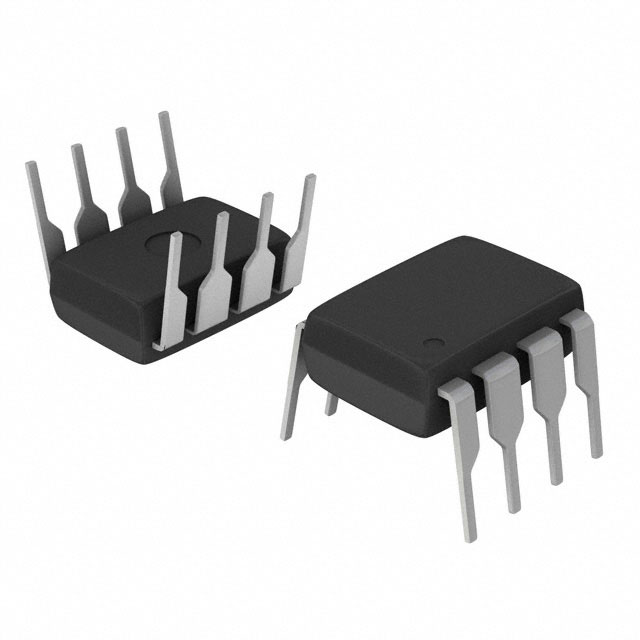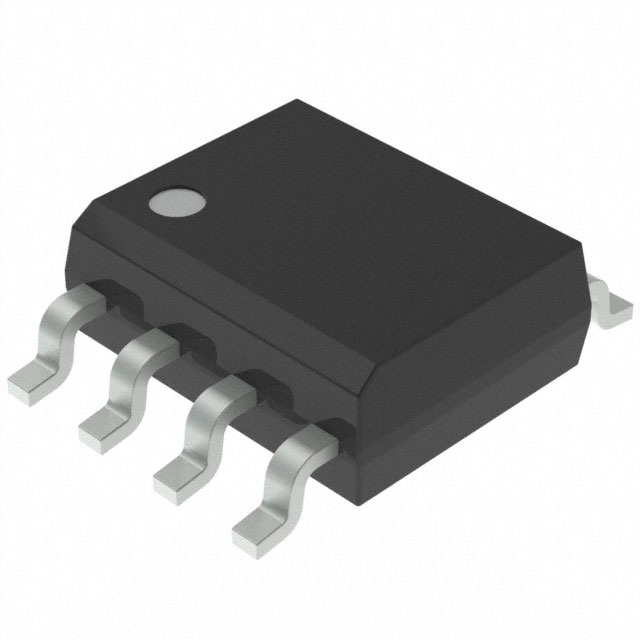In Stock : 644
Please send RFQ , we will respond immediately.









EPC4QC100 Specifications
-
TypeParameter
-
Supplier Device Package100-PQFP (20x14)
-
Package / Case100-BQFP
-
Mounting TypeSurface Mount
-
Operating Temperature0°C ~ 70°C
-
Voltage - Supply3V ~ 3.6V
-
Programmable TypeIn System Programmable
-
DigiKey ProgrammableNot Verified
-
PackagingTray
-
Product StatusActive
-
SeriesEPC
The EPC4QC100 integrated circuit chips, also known as Field-Programmable Gate Arrays (FPGAs), have several advantages and application scenarios. Here are some of them:Advantages: 1. Flexibility: FPGAs can be reprogrammed or reconfigured to perform different tasks, making them highly flexible compared to fixed-function integrated circuits. 2. High-performance: EPC4QC100 chips offer high-speed processing capabilities, enabling them to handle complex algorithms and data-intensive applications. 3. Parallel processing: FPGAs can perform multiple tasks simultaneously, leveraging parallel processing capabilities to improve overall performance. 4. Low latency: These chips have low latency, allowing for real-time processing and quick response times. 5. Power efficiency: FPGAs are designed to be power-efficient, consuming less energy compared to traditional processors for the same computational workload. 6. Customization: EPC4QC100 chips can be customized to meet specific application requirements, enabling developers to optimize performance and functionality.Application Scenarios: 1. Digital Signal Processing (DSP): FPGAs are widely used in DSP applications such as audio and video processing, image recognition, and compression/decompression algorithms. 2. High-Frequency Trading (HFT): The low latency and high-speed processing capabilities of FPGAs make them suitable for HFT applications, where quick decision-making and execution are crucial. 3. Aerospace and Defense: FPGAs are used in radar systems, satellite communication, avionics, and military applications due to their ability to handle complex algorithms and real-time data processing. 4. Internet of Things (IoT): FPGAs can be used in IoT devices for sensor data processing, edge computing, and machine learning at the edge. 5. Automotive: FPGAs find applications in autonomous vehicles, advanced driver-assistance systems (ADAS), and in-vehicle infotainment systems, where real-time processing and customization are essential. 6. Medical Imaging: FPGAs are used in medical imaging devices like ultrasound machines, CT scanners, and MRI systems for real-time image processing and analysis.These are just a few examples of the advantages and application scenarios of EPC4QC100 integrated circuit chips. The versatility and programmability of FPGAs make them suitable for a wide range of industries and applications.
EPC4QC100 Relevant information
-

AT17N256-10PI
Microchip Technology -

AT17N256-10PC
Microchip Technology -

AT17N256-10NI
Microchip Technology -

AT17N256-10NC
Microchip Technology -
AT17N040-10TQI
Microchip Technology -
AT17N040-10TQC
Microchip Technology -
AT17N010-10SI
Microchip Technology -
AT17N010-10SC
Microchip Technology -

AT17N010-10PI
Microchip Technology -

AT17N010-10PC
Microchip Technology















